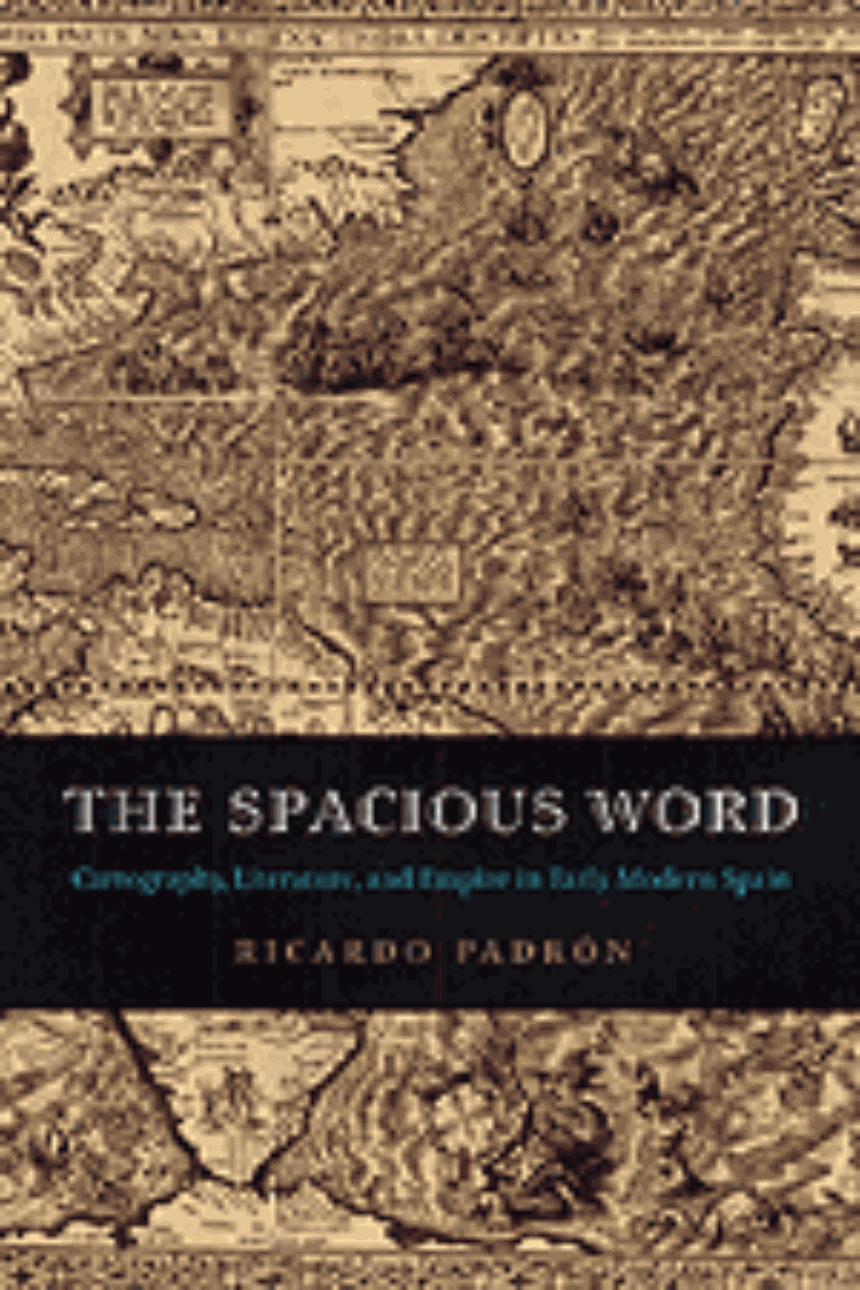The Spacious Word
Cartography, Literature, and Empire in Early Modern Spain
The Spacious Word explores the history of Iberian expansion into the Americas as seen through maps and cartographic literature, and considers the relationship between early Spanish ideas of the world and the origins of European colonialism. Spanish mapmakers and writers, as Padrón shows, clung to a much older idea of space that was based on the itineraries of travel narratives and medieval navigational techniques.
Padrón contends too that maps and geographic writings heavily influenced the Spanish imperial imagination. During the early modern period, the idea of "America" was still something being invented in the minds of Europeans. Maps of the New World, letters from explorers of indigenous civilizations, and poems dramatizing the conquest of distant lands, then, helped Spain to redefine itself both geographically and imaginatively as an Atlantic and even global empire. In turn, such literature had a profound influence on Spanish ideas of nationhood, most significantly its own.
Elegantly conceived and meticulously researched, The Spacious Word will be of enormous interest to historians of Spain, early modern literature, and cartography.
Padrón contends too that maps and geographic writings heavily influenced the Spanish imperial imagination. During the early modern period, the idea of "America" was still something being invented in the minds of Europeans. Maps of the New World, letters from explorers of indigenous civilizations, and poems dramatizing the conquest of distant lands, then, helped Spain to redefine itself both geographically and imaginatively as an Atlantic and even global empire. In turn, such literature had a profound influence on Spanish ideas of nationhood, most significantly its own.
Elegantly conceived and meticulously researched, The Spacious Word will be of enormous interest to historians of Spain, early modern literature, and cartography.
302 pages | 36 halftones | 6 x 9 | © 2004
Geography: Cartography
History: Latin American History
Literature and Literary Criticism: Romance Languages
